Greatest Story Ever Told, The (1965)
“Come with me; I will make you fishers of men.”
|
Synopsis: |
|
Genres, Themes, Actors, and Directors:
Review: Swedish actor Max von Sydow made his American debut as the lead figure, offering an impressively human portrayal as perhaps the most famous and beloved individual of all time. Other relatively significant roles in the narrative are played by Jose Ferrer as King Herod’s son, Herod Antipas: … Charlton Heston as John the Baptist: … Telly Savalas (who shaved his head for this role, and continued doing so ever after) as Pontius Pilate: … and Gary Raymond as Peter. Other appearances — some for several scenes, others for literally seconds (if that) — include Dorothy McGuire as Mary: … Donald Pleasence as the Devil (who tries to tempt Jesus during his fast in the desert): … Sal Mineo as a crippled man cured by a miracle: … Claude Rains (in his final role) as King Herod: … Sidney Poitier as Simon of Cyrene: … and, perhaps most infamously, Shelley Winters as a “Woman Who Is Healed”: … plus John Wayne speaking a single line in his iconic drawl near the end of the film: “Truly, this man was the Son of God.” Other than von Sydow, my favorite performance is by David McCallum as a sorrowful Judas (though, as is the case across the board in this film, we don’t learn enough about him). See the list of Actors above (or on IMDb) for an even more exhaustive list of who appears at some point. Unfortunately, while Stevens’ film is entirely earnest — and gorgeous to look at — it’s lengthy, often slow, and not all that compelling as a cinematic narrative (there are no “plot twists” for anyone reasonably familiar with the arc of Jesus’s life). According to TCM’s article, the film wasn’t commercially successful at all — in fact, “audiences stayed away in droves, making The Greatest Story Ever Told the greatest financial flop ever made until the release of Heaven’s Gate in 1980.” However, the film was nominated for five Academy Awards, and, not surprisingly, became “a popular rental film at churches, schools, and film societies in the non-theatrical market.” Notable Performances, Qualities, and Moments: Must See? Links: |
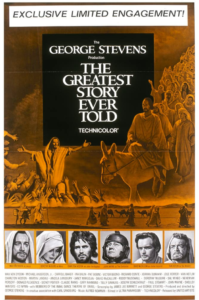
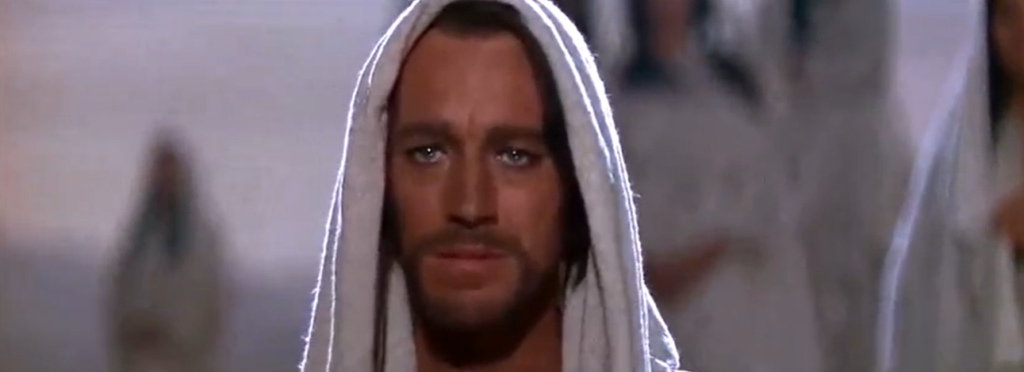
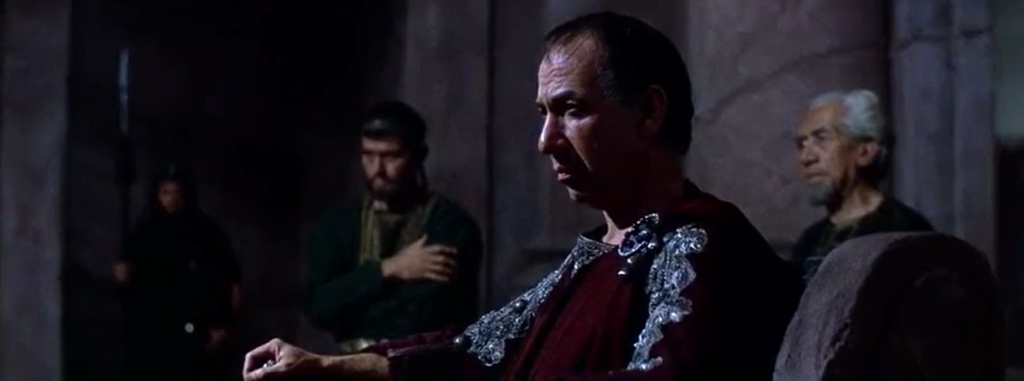
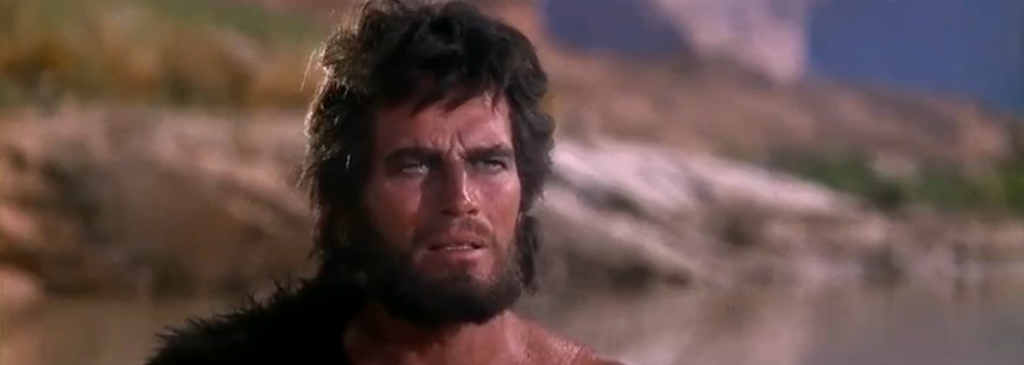
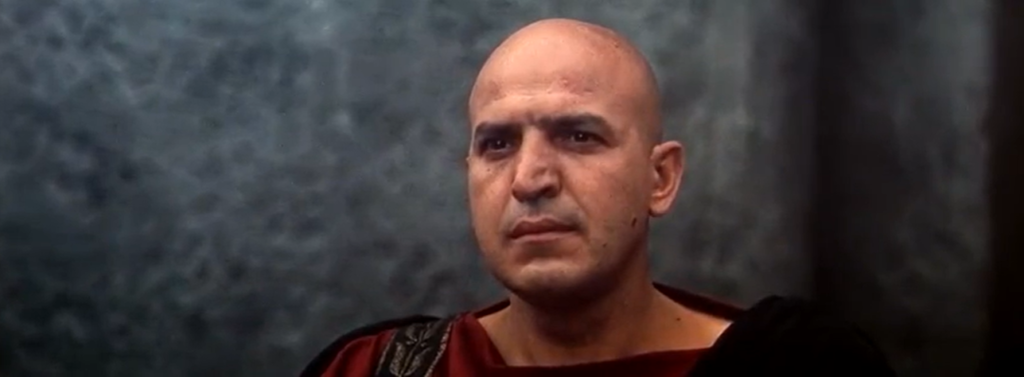
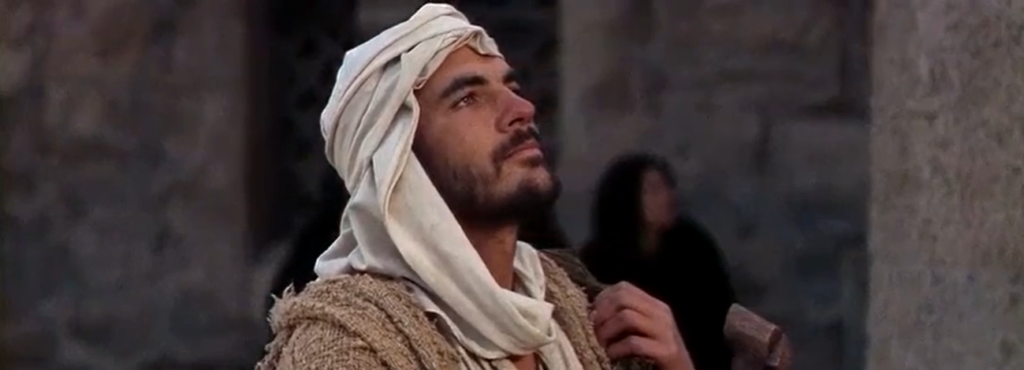
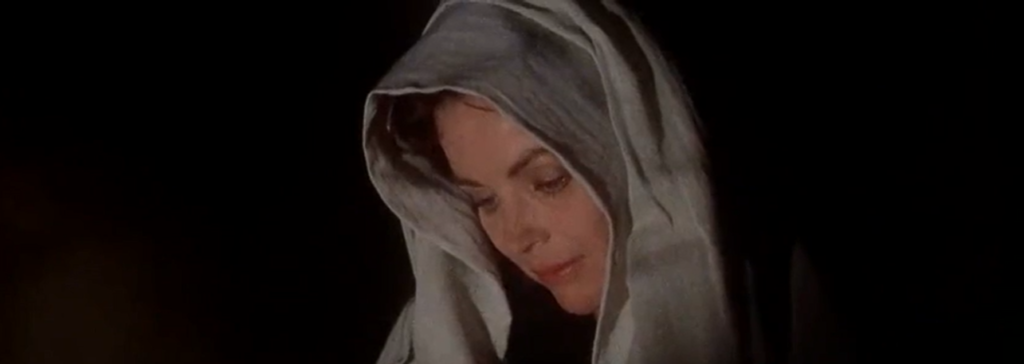
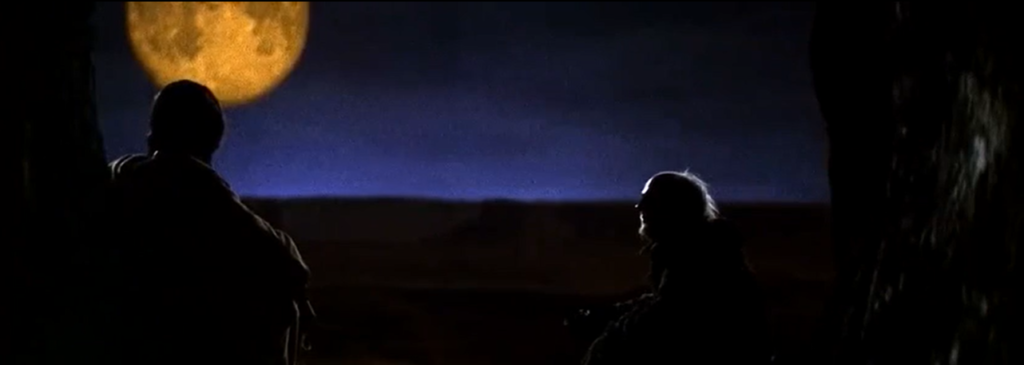
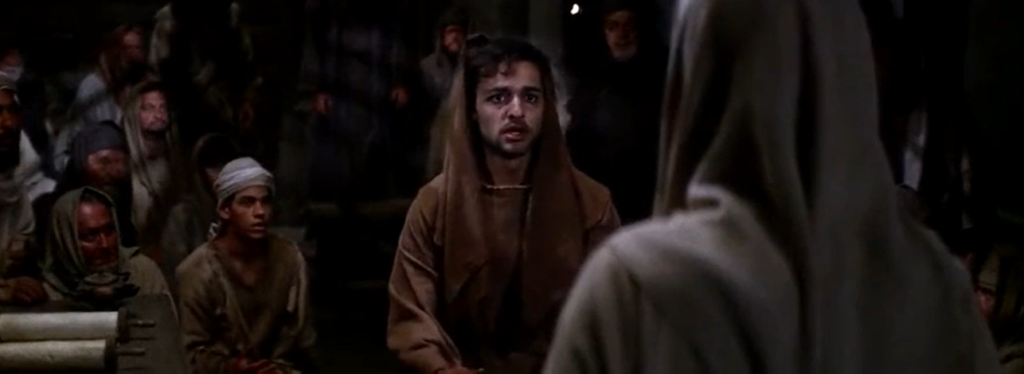
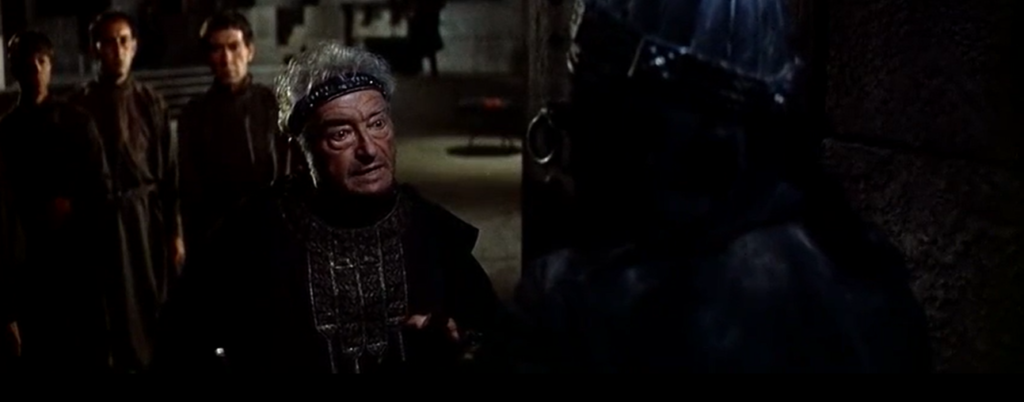
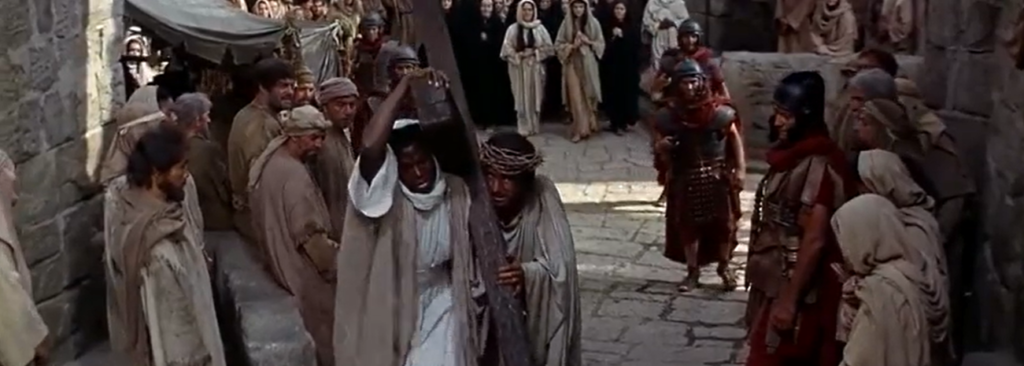
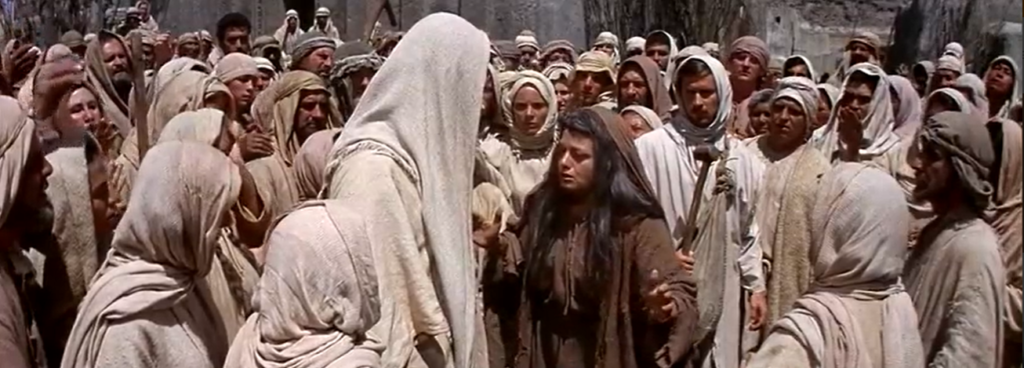
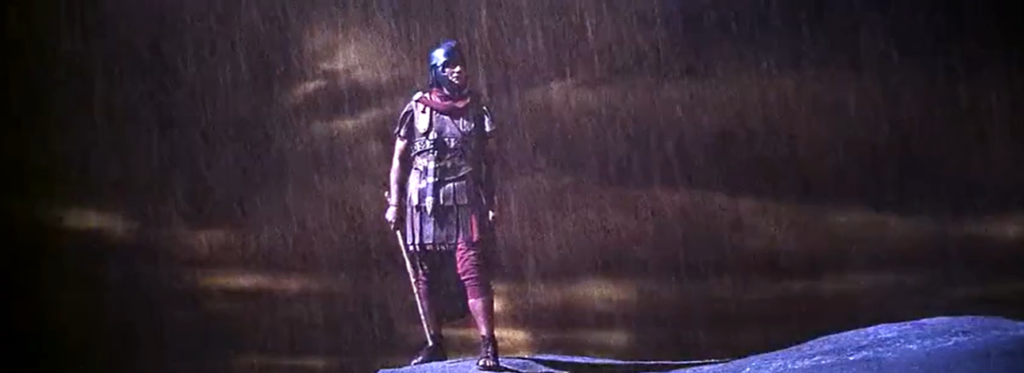
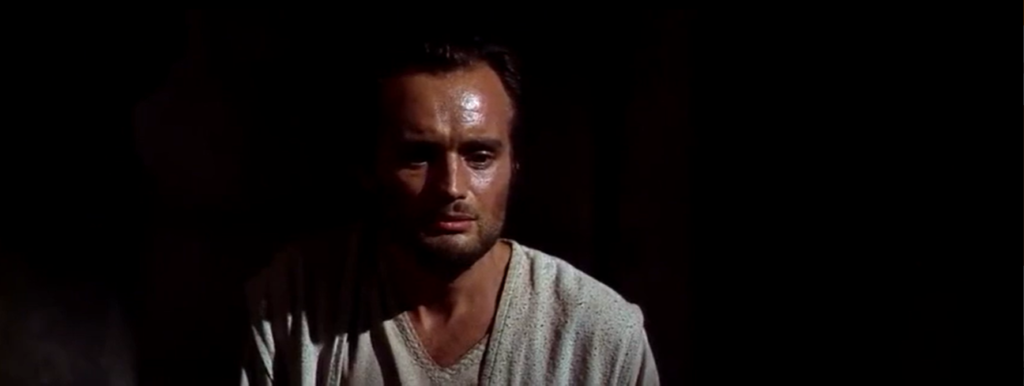
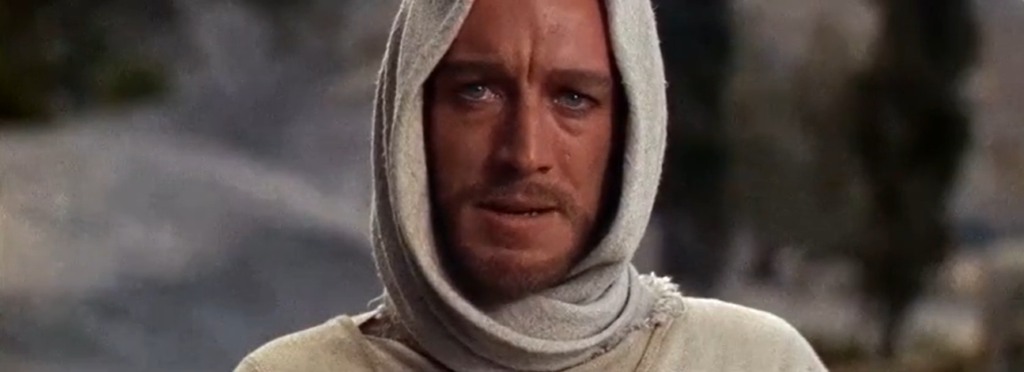
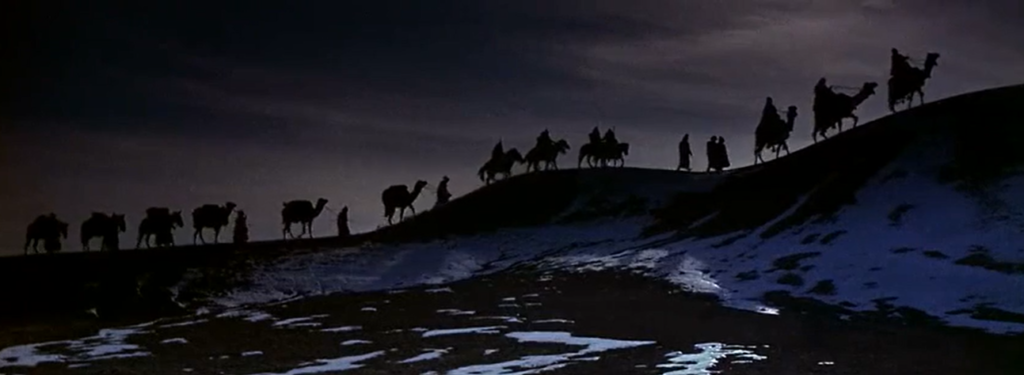
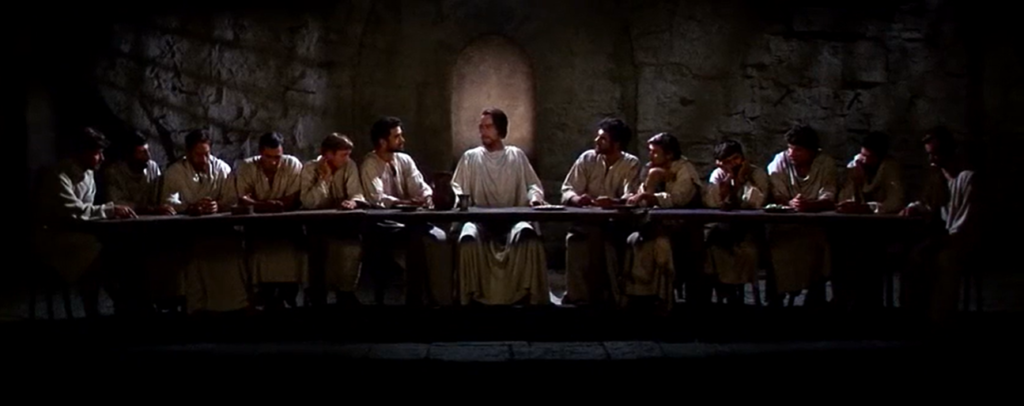
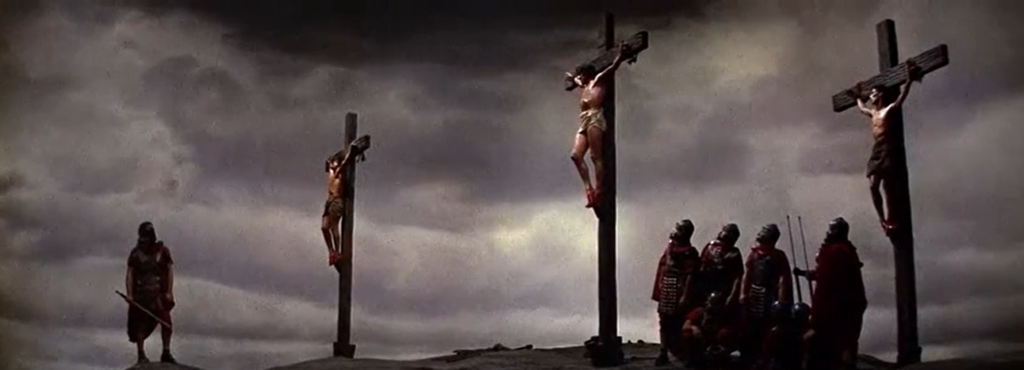
6 thoughts on “Greatest Story Ever Told, The (1965)”
According to IMDB originally ran 260 minutes but was cut back for the premiere to 225 minutes and the final Roadshow version ran 199 minutes. This is the version we have on all DVDs and BDs.
It’s good but slow and overlong. Not really must see.
(Rewatch 5/10/21). Not must-see but it’s recommended for its place in cinema history.
I had only seen this movie once before – on its release, when I was 10 (!). Over the years, the only thing I remembered clearly was the suicide of Judas (McCallum). (At age 10, I may not have been part of the target audience; for ‘The Ten Commandments’, yes, but not for ‘Greatest Story’.) Also, over the years, I would come across reviews that more or less trashed the film as too long or too reverent – or even boring.
Seeing it again, I find none of that is true. On the one hand, one wonders why Stevens felt the need to do his own version when Nicholas Ray had just done a successful one a few years before. But Stevens’ approach is (surprisingly when viewed as an adult) less dramatic yet just as forceful.
It seems less concerned with whether or not its depiction is cinematic in a broader, dramatic sense. But, to an extent like Ray’s film and Fleischer’s ‘Barabbas’, its aim seems to be realistic as opposed to reverential (i.e., what we get in ‘Quo Vadis’, ‘Ben-Hur’, etc.)
The film’s production design and cinematography contribute greatly to the film’s success.
Certain scenes stick out: i.e., when confronted re: why he ‘allowed’ Lazarus to die; Jesus reveals stress when he feels compelled to say “I am the resurrection and the life…”, etc. Also, when he finally does bring Lazarus back to life, Stevens remarkably (and in opposition to exploitation) shows Lazarus leaving his grave in a panoramic long shot, with Jesus centered with Lazarus at the bottom of the screen.
I like the way MvS’ performance as Christ balances nicely against Jeffrey Hunter’s in ‘King of Kings’.
Making a film like this is always controversial – even if it is done with taste and without an idea of courting controversy. Stevens’ goal seems to be: ‘Well, if all of this is true… then I’ll stick to the facts as we know them – and let the audience decide for itself.’
Years ago, when I asked a massive film junkie friend (Jeremy) who his favorite actor was, he paused and wasn’t sure what to say. But finally he said if he had to pick, he would say Max von Sydow.
I was surprised by this response, and all these years I’ve been watching von Sydow’s performances to see if I could make sense of Jeremy’s choice.
Watching von Sydow playing Christ here suddenly helped me understand Jeremy’s selection. Von Sydow’s carefully crafted performance was, for me anyway, a revelation. He discusses his acting choices and dilemmas in one of the documentaries created about the making of this film: https://youtu.be/vkzWkyCA6ws
I’m a little hard-pressed re: why I didn’t fall full into stating this as ‘must-see’ (I came very close), though I did make a point of recommending it.
I probably feel that the average film fanatic wouldn’t be drawn to the film. I myself still prefer ‘King of Kings’ since, to me, Ray’s film properly accentuates Christ as a combination of God and man (and puts forth more persuasively the reality of that struggle).
That said… if for no other reason, ‘TGSET’ is worth a watch for von Sydow’s textured performance.
Same here! I went back and forth several times on whether to call this one must-see or not. A recommendation is my next-best but I could go either way on this one.
Interestingly, this film began production in the late ’50s well before King of Kings (1961) but played musical chairs with different studios before United Artists finally made it in 1962-63 but it didn’t see release until February 1965.